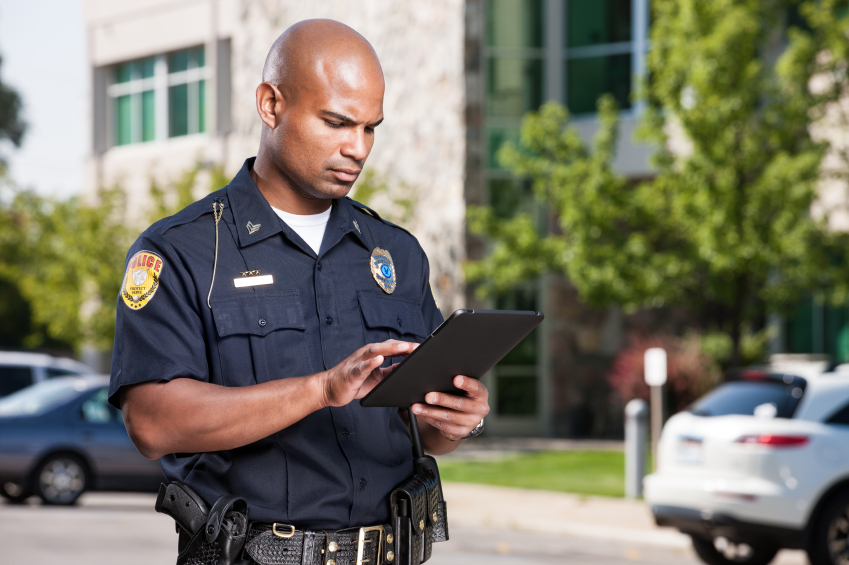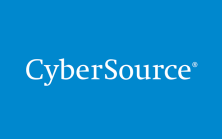Observing and Reporting

July 2015 - PSPA Editorial Staff
Within the private security industry, Observing and Reporting is a fundamentally accepted practice and considered a routine day-to-day responsibility.
Based upon a number of variables, employers may develop additional Observing and Reporting protocols which often may include:
In the event (you observe) a risk of life, violation of the law, and/or suspicious/illegal activity, immediately call and report the facts to 911 as well as your applicable direct report/employer representative(s).
In the event (it is reported to you) that a risk of life, violation of the law and/or suspicious/illegal activity is in progress, immediately call and report the facts to 911 as well as your applicable direct report/employer representative(s).
Upon consultation with your direct report and/or employer representative(s), additional parties may need to be contacted as deemed appropriate.
Do not challenge, confront, or question any person(s) who may be involved in a crime and/or suspicious/illegal activity. Doing so may jeopardize your safety, the safety of others and delay your contacting and/or assisting the trained authorities.
Do not attempt to apprehend, arrest and/or detain suspects, fight fires and render medical aid unless specifically trained and authorized to do so. Doing so may jeopardize your safety, the safety of others and delay your contacting and/or assisting the trained authorities.
Security Officers are asked to simply “Observe and Report” from a safe and out-of-the-way vantage point; only if the Officer has determined that his or her own personal safety would not be jeopardized.
When observing an in-progress Incident, Security Officers are asked to notate as many facts as possible. Information such as Who, What, When, Where, Why and How, in addition to the descriptions of People and Property involved.
The facts (as observed or reported) must be accurately documented on an official Incident Report, as soon after the Incident as feasibly possible.
As with all policies and procedures, Security Officers must be effectively trained and vetted to ensure he/she understands all job-specific protocols prior to deployment. Furthermore, Security Officers who feel they need additional training or require clarification on any protocol or has any issues or concerns must seek guidance through their employer prior to deployment.






